Target CPA in Google Ads – Everything To Know About [2025 Complete Guide]
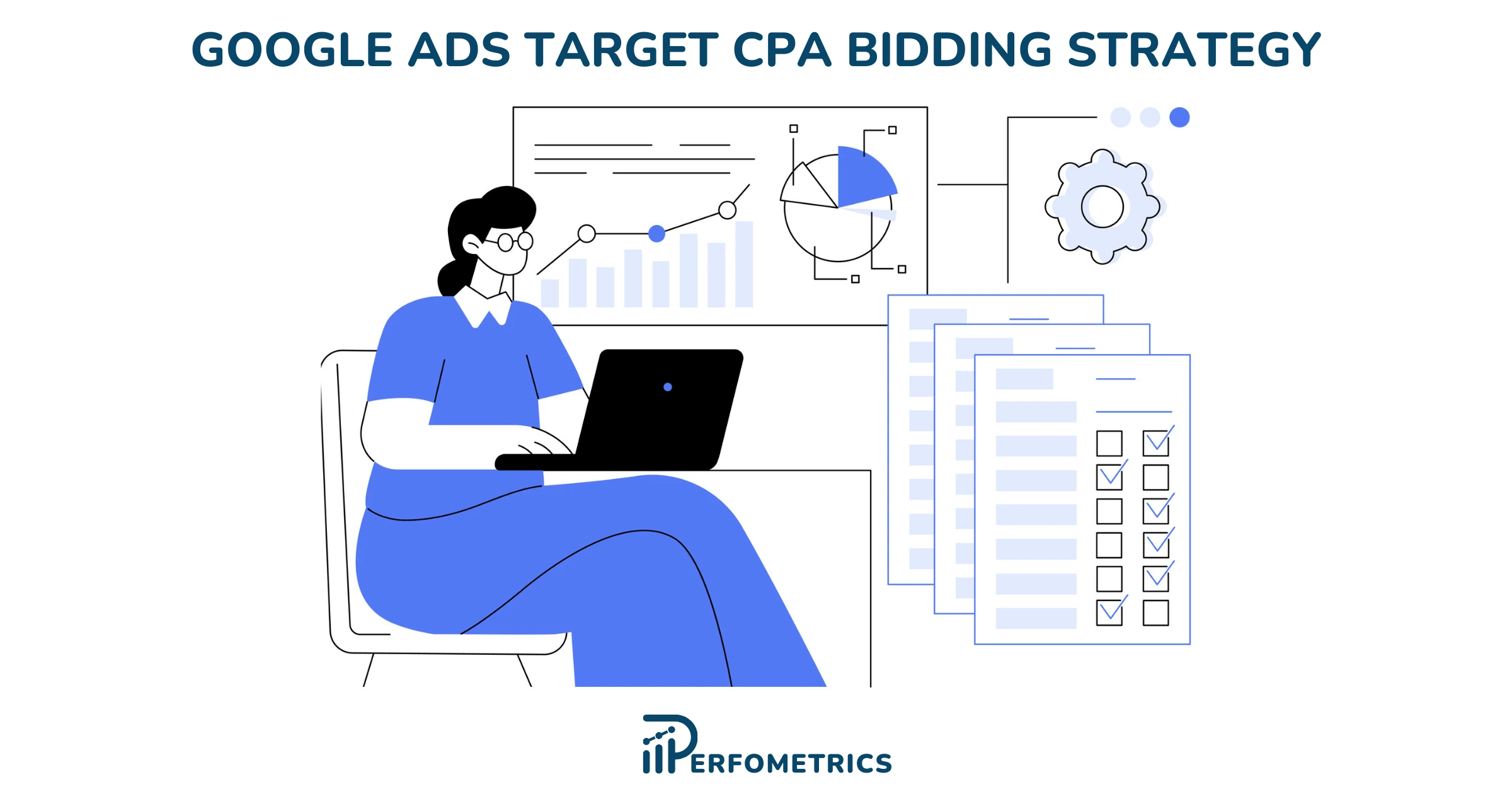
Google Ads has developed and refined many complex bidding strategies. Going from the trusted manual bidding to the all-new machine-learning-enhanced Target CPA & ROAS.
Picking the best bidding strategy for your campaign and needs is less simple now, let alone optimizing the smart bidding strategies in Google Ads. We’ll go through the foundations of Target CPA bidding strategy in Google Ads, focusing on what it is, when to use it, and how to set it up.
If you are curious to learn a bit more, check out our article on Google Ads target CPA best practices.
What is Target CPA in Google Ads?
Target CPA (cost per action) is a fully automated bid strategy that aims to generate as many conversions as possible within the target cost-per-action you have pre-defined. It optimizes the bids according to the conversion data to maximize the clicks that will convert and minimize any unnecessary spending.
When you select the Target CPA (cost-per-action) bid strategy, you set your desired average cost per conversion. Google Ads uses your Target CPA to set a bid based on the likelihood of the ad to convert.
Target CPA is available as either a standard strategy that is applied to a single campaign or as a portfolio strategy that can apply to multiple campaigns.
The strategy uses historical data to predict which clicks are more likely to convert and then adjusts bids accordingly. As a result, target CPA focuses on optimizing the cost per conversion rather than the overall conversion value.
Target CPA bidding has evolved over time, with Google making improvements to the algorithm to help advertisers get more conversions for their budget.
How Does Target CPA Bidding Strategy Work?
Target CPA bidding uses your campaign’s historical data, conversion settings, and other signals like user interests, devices, locations, time, etc. to best optimize the strategy and deliver as many conversions close to the target CPA.
By leveraging machine learning and historical data, Target CPA bidding adapts in real-time to ensure that your advertising spend is allocated where it can yield the best results.
That’s why when using this bidding strategy it’s crucial to have your conversions set up correctly and working properly. For some conversions, Google will spend more, for some less, but in the end, the average should be close to your defined target CPA.
When to Use Target CPA Bidding Strategy?
If you’re looking to maximize conversions while staying within your predetermined cost-per-action (CPA) goals, Target CPA bidding is the strategy for you. This automated bidding strategy adjusts your bids in real-time to achieve your desired CPA while ensuring a steady stream of conversions.
Here are the key scenarios where you should consider using Target CPA bidding:
- Prioritizing Conversions: If your primary advertising goal is to drive conversions, regardless of the exact cost, Target CPA bidding is an excellent choice. It allows you to focus on generating leads, sales, or other desired actions without worrying about overspending on each conversion.
- Controlling Cost per Action: If you have a specific CPA target in mind, Target CPA bidding can help you achieve that goal without sacrificing conversion volume. It automatically adjusts your bids to optimize for your desired CPA, ensuring you get the most out of your advertising budget.
- Sufficient Historical Conversion Data: Target CPA bidding relies on historical conversion data to determine optimal bids. If you have sufficient data from past campaigns, Target CPA bidding can effectively tailor your bids to achieve your CPA targets.
- Flexibility in Budget Allocation: Target CPA bidding requires the ability to adjust your budget to match the varying costs of acquiring conversions. If you have the flexibility to allocate more or less budget depending on the campaign’s performance, Target CPA bidding can leverage this flexibility to optimize for conversions.
By meeting these criteria, you can ensure that Target CPA is utilized in an ideal scenario, maximizing your chances of achieving your desired cost per conversion and generating successful conversion actions
Note: This is not always relevant especially when it comes to brand campaigns. For these types of campaigns, better fits are Maximize Clicks, Enhanced CPC, or even maybe Target Impression Share bidding strategies.
How To Set Target CPA in Google Ads
So then how do you set up the target CPA strategy for your campaign, here are the 7 steps to follow:
- Sign in to your Google Ads account
- Select the Campaign
- Choose “Settings”
- Pick the “Bidding” section
- Select “Conversions” under “What do you want to focus on?”
- Make sure to tick the box for “Set a target cost per action”
- Define your target CPA & then “Save”
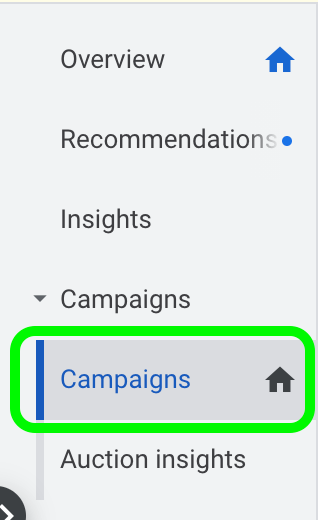
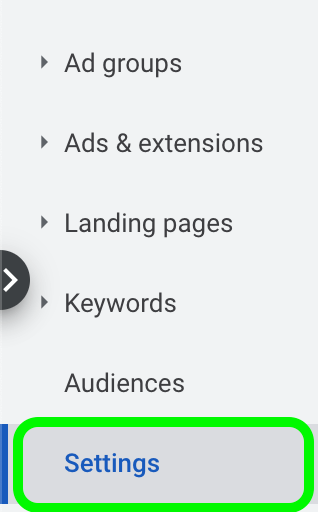
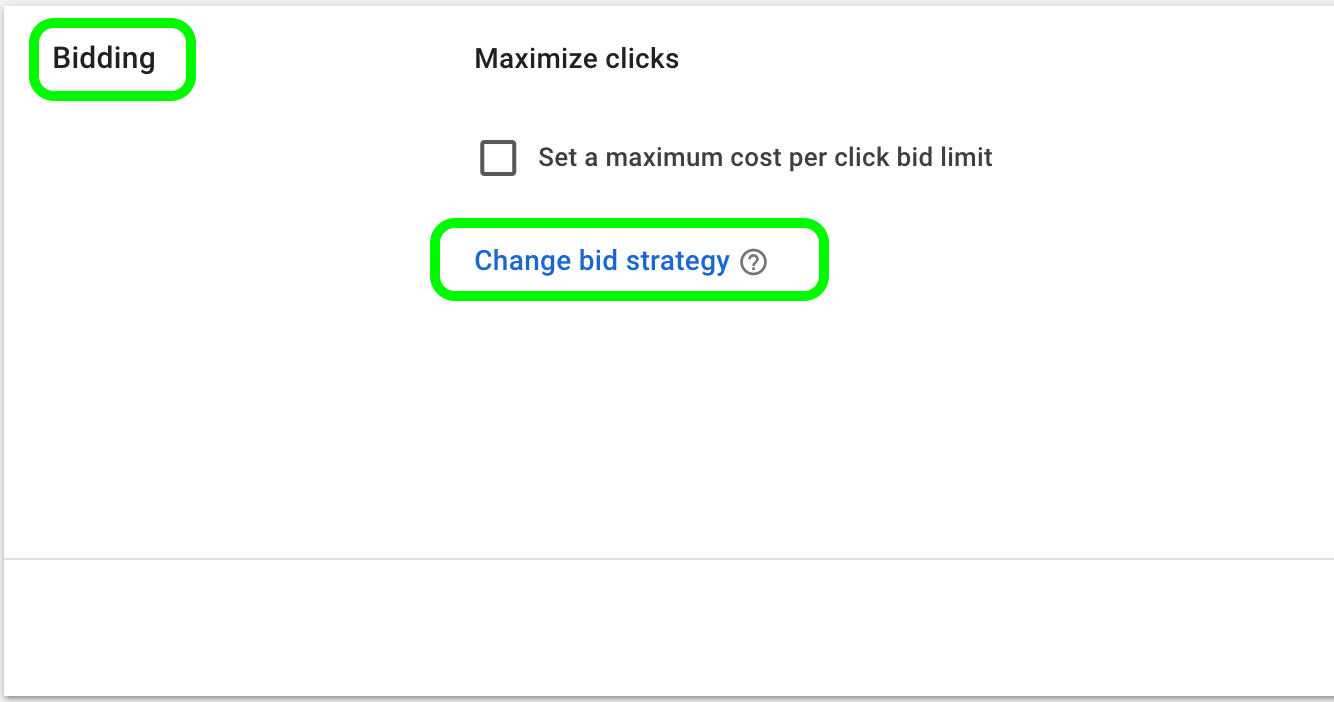
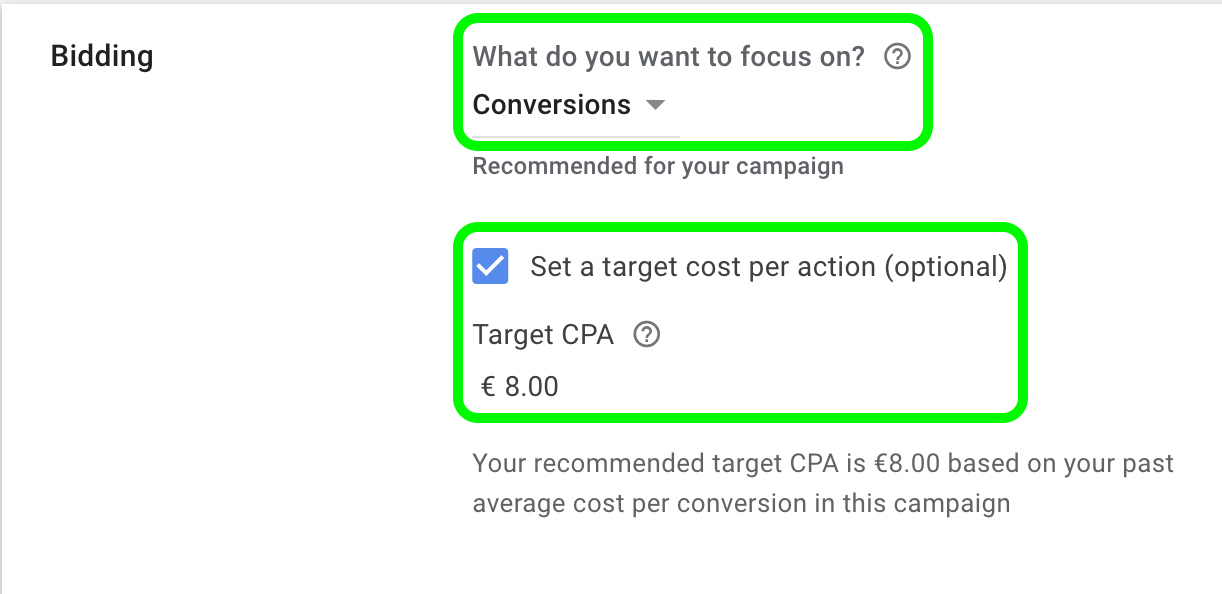
If you would like to adjust or edit the target CPA strategy the steps are simple. Follow the previous guidelines until step 4 and skip directly to step 7 where you would adjust and then save your new target CPA.
What Should be Your Target CPA?
Your target CPA should reflect your business and marketing objectives. It ultimately depends on what you consider to be the action you optimize for and the campaign you are running.
There’s a difference if the action is leads or sales and if the campaign is a search campaign or a Demand Gen campaign in Google Ads.
To calculate your target CPA, consider factors such as profitability, operating expenses, customer lifetime value, competitors, average CPCs, historical data, conversion rates, and CTRs. Combining these metrics should help you calculate the right target CPA for your campaigns.
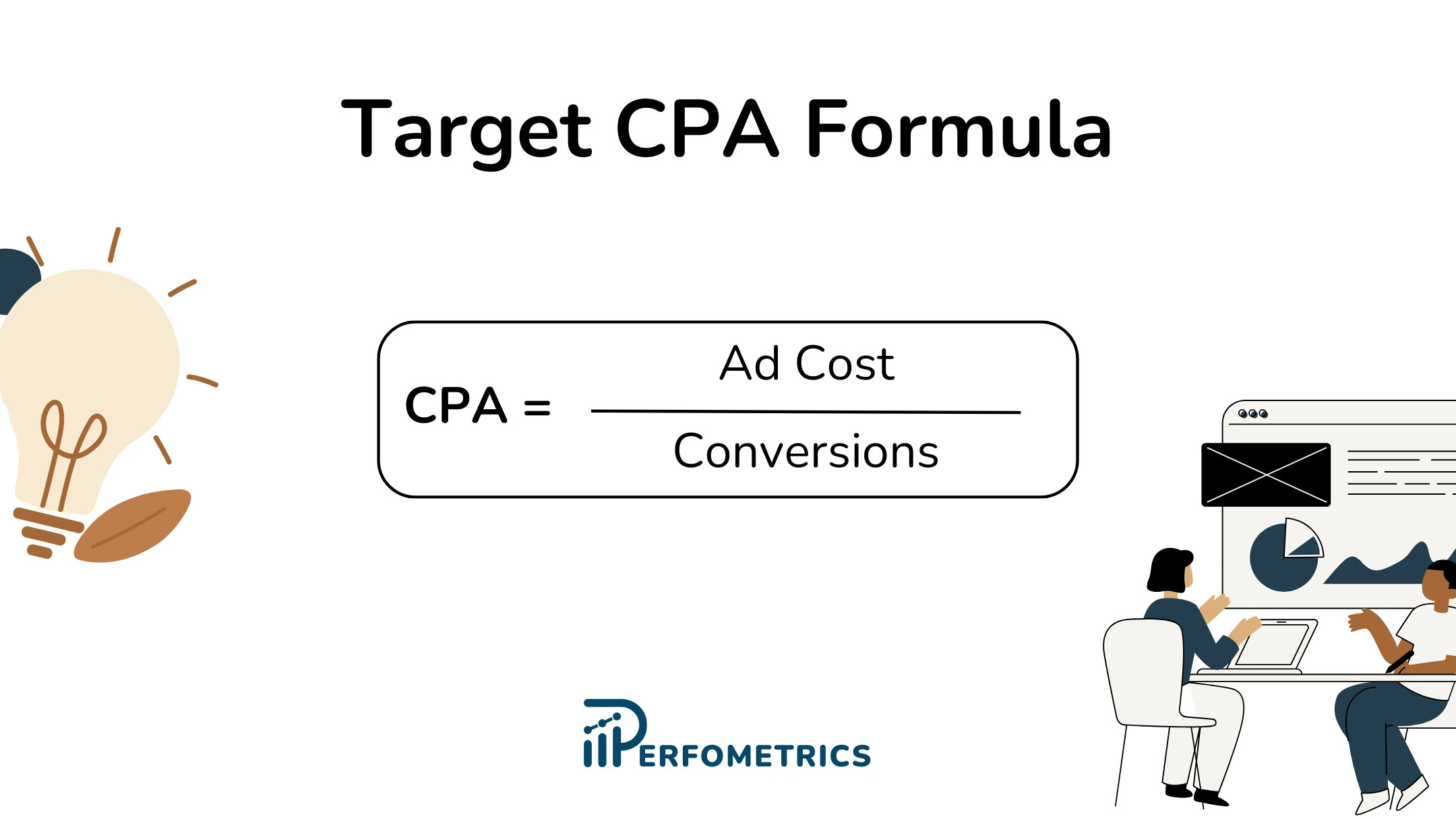
It is important to set a realistic target that is achievable but also ambitious. If you set your target CPA too low, you may not get enough conversions. If you set your target CPA too high, you may spend too much money.
Our Final Thoughts
Target CPA bidding strategy in Google Ads is a powerful bidding strategy for optimizing budgets and achieving marketing and business goals. By leveraging machine learning and historical data, you can set realistic cost-per-action targets that align with your marketing objectives.
However, success with this approach requires patience, ongoing analysis, and adjustments to ensure that the strategy remains effective in a dynamic market. Embracing Target CPA can lead to efficient use of ad spend, improved conversion rates, and ultimately, a stronger return on investment for digital marketing efforts.
- Target CPA in Google Ads bid strategy is perfect if you are aiming to generate conversion actions for a specific cost
- Don’t forget that with target CPA you won’t have the same control as you would with more manual strategies
- Be patient with the campaign optimizing for a target CPA, take it step by step, and make small changes one at a time
- Keep analyzing the performance and optimize your target CPA campaigns in Google Ads by adjusting various criteria according to your objectives



